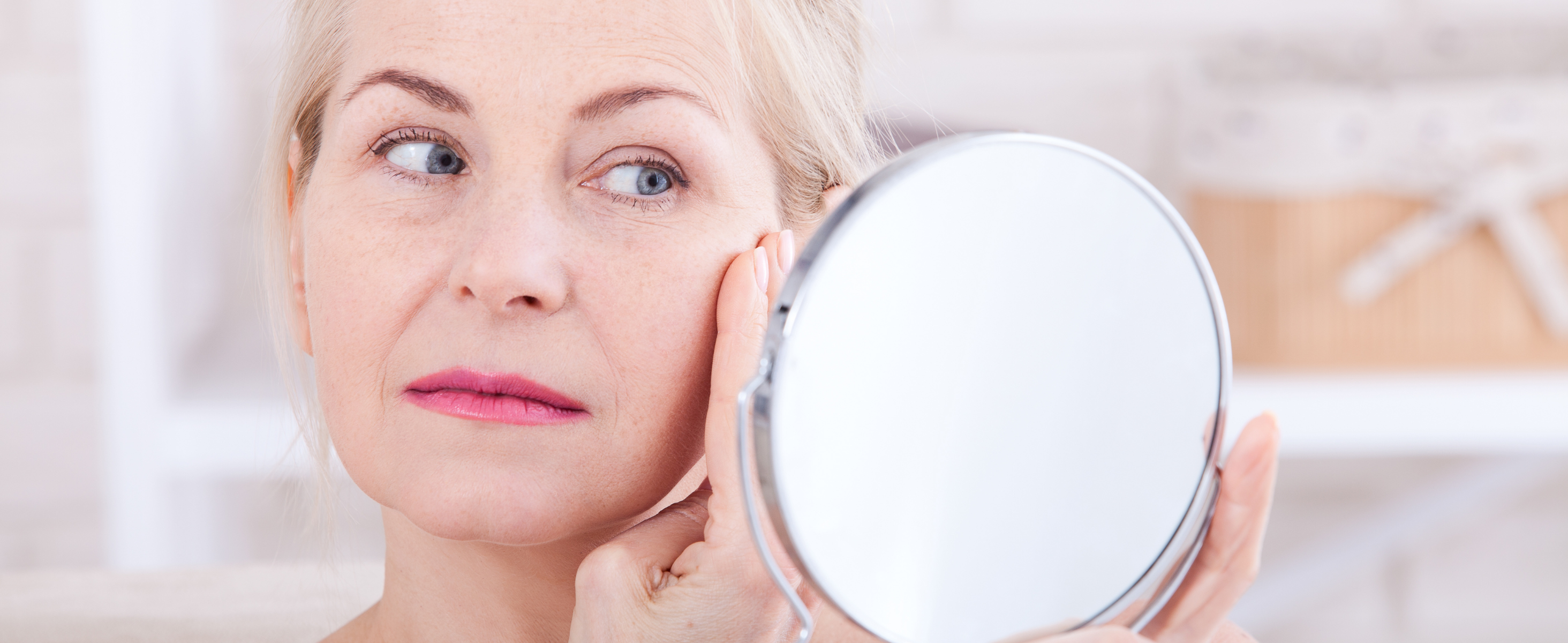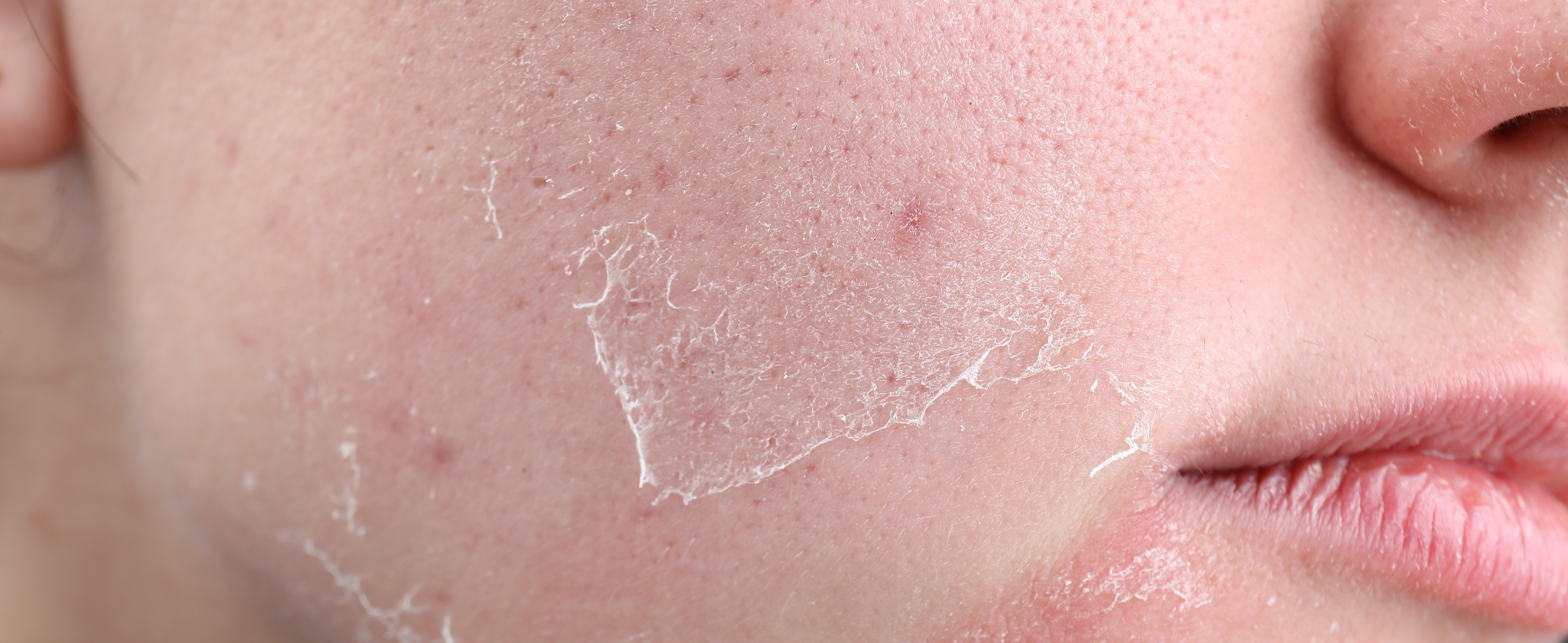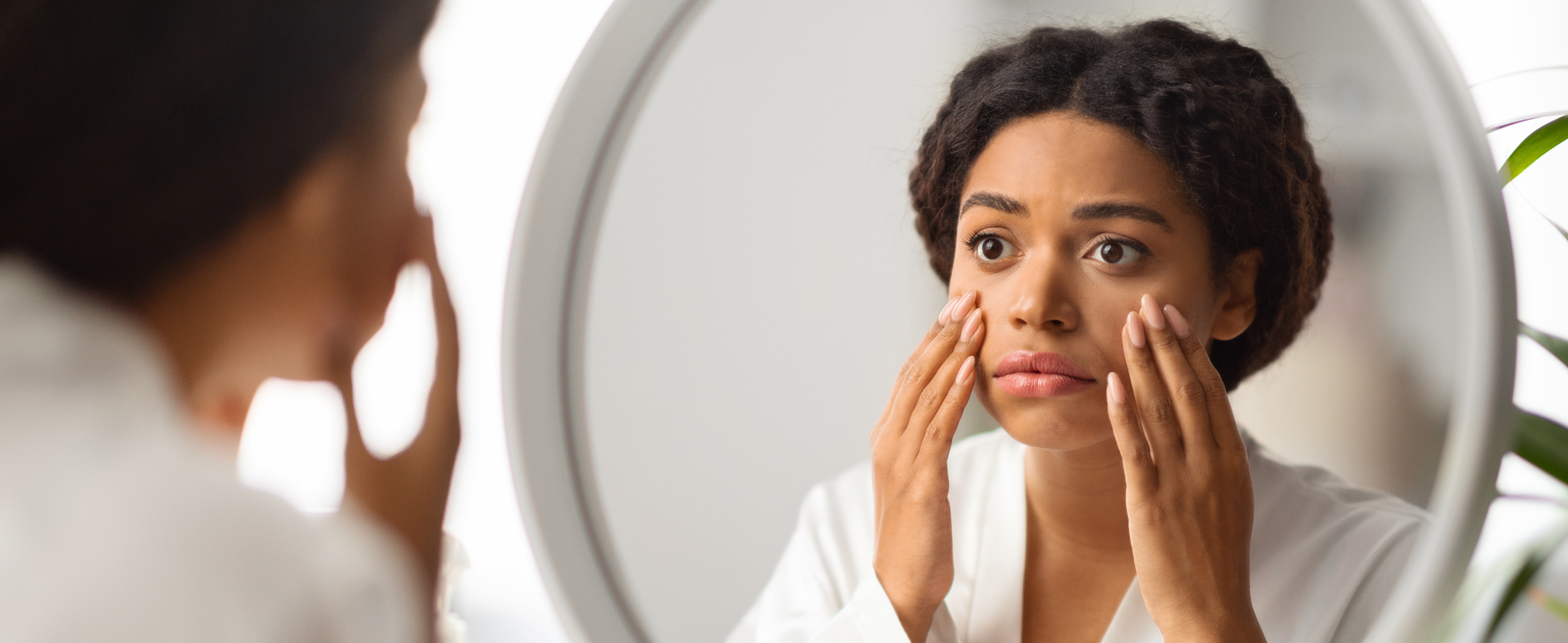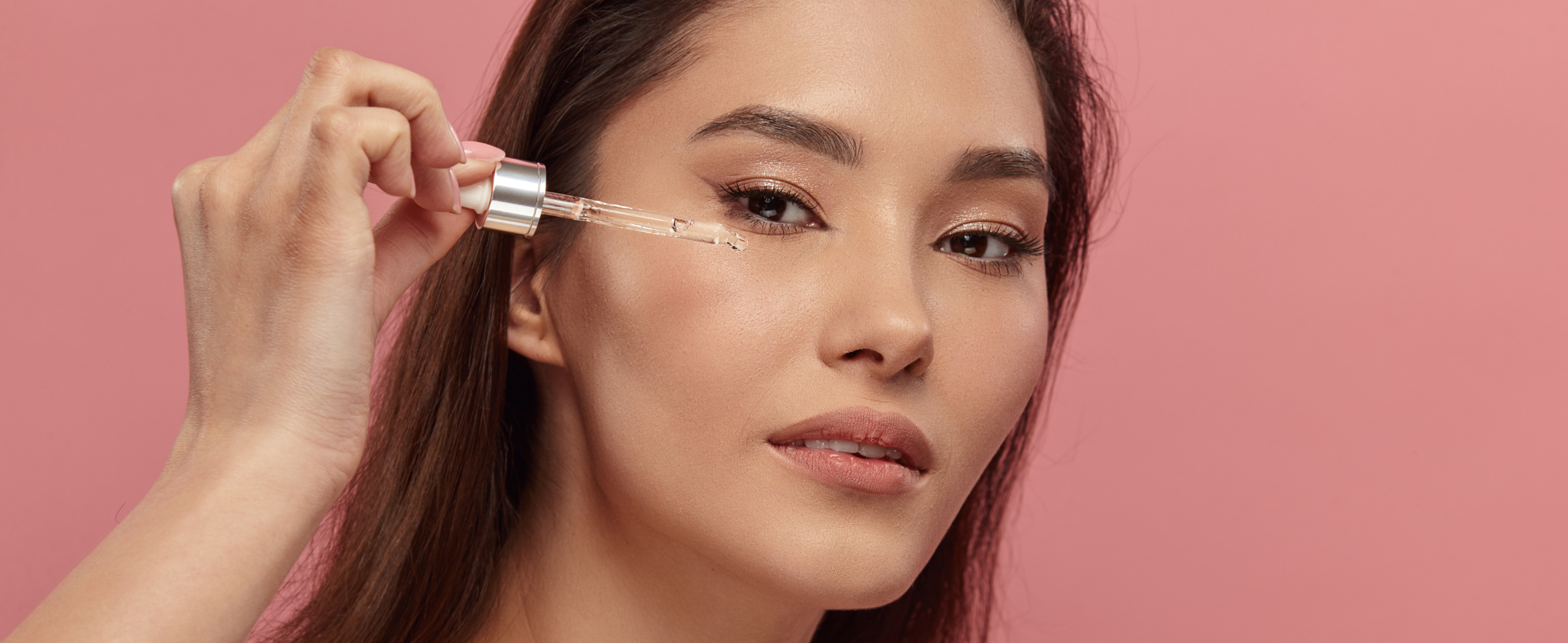The quest for youthful, radiant skin has led to the proliferation of anti-aging creams promising to diminish wrinkles, fine lines, and other signs of aging. With a myriad of products available, it's essential to understand their efficacy and the science behind their claims. This comprehensive guide delves into the aging process, key ingredients in anti-aging creams, their effectiveness, and practical tips for selecting the right product.
Understanding Skin Aging
As we age, our skin undergoes several changes:
- Thinning Epidermis: The outer layer becomes thinner, making the skin more translucent.
- Reduced Elasticity: Changes in connective tissue decrease skin's elasticity, leading to sagging.
- Decreased Collagen Production: Lower collagen levels result in reduced skin firmness and the formation of wrinkles.
- Pigmentation Changes: Age spots and uneven skin tone become more prevalent due to prolonged sun exposure and other factors.
Key Ingredients in Anti-Aging Creams
Effective anti-aging products often contain the following active ingredients:
- Retinoids: Derived from vitamin A, retinoids boost collagen production and promote cell turnover, reducing the appearance of fine lines and wrinkles. Over-the-counter retinol products can be effective, but prescription-strength formulations like tretinoin have shown more significant results.
- Peptides: These short chains of amino acids aid in building essential proteins like collagen and elastin, enhancing skin repair and improving elasticity. Peptides are known for their multitasking abilities, including protecting the skin's upper layer and aiding in wound healing.
- Antioxidants: Substances such as vitamins C and E protect the skin from free radicals, reducing oxidative stress and preventing premature aging.
- Hyaluronic Acid: A powerful humectant that attracts and retains moisture, plumping the skin and diminishing the appearance of fine lines.
- Sunscreen: Broad-spectrum SPF protects against UVA and UVB rays, preventing photoaging and the formation of new wrinkles.
>>> Buy now: Abera Eye Cream - Antiaging Cream, Wrinkles Treatment
Evaluating the Efficacy of Anti-Aging Creams
The effectiveness of anti-aging creams depends on various factors, including the quality of ingredients, formulation, and individual skin types. Studies have shown that certain products can yield significant improvements:
- Clinical Trials: A study evaluating a multi-ingredient anti-aging moisturizer reported statistically significant improvements in skin hydration, barrier function, and overall appearance after 12 weeks of consistent use.
- Prescription vs. Over-the-Counter: While over-the-counter products can offer mild benefits, prescription-strength formulations like tretinoin have demonstrated more pronounced improvements in fine wrinkles, pigmentation, and skin texture.
- Consistency and Usage: Regular application as directed is crucial. Results vary based on frequency of use, concentration of active ingredients, and the specific skin concern being addressed.
Selecting the Right Anti-Aging Cream
When choosing an anti-aging product, consider the following:
- Identify Skin Concerns: Determine specific issues like fine lines, wrinkles, or pigmentation to select a product tailored to your needs.
- Check Ingredients: Look for scientifically backed ingredients such as retinoids, peptides, and antioxidants.
- Consult a Dermatologist: For personalized recommendations, especially if considering prescription-strength options, seek professional advice.
- Patch Test: Before full application, test the product on a small skin area to ensure no adverse reactions.
>>> Buy now: Abera Wrinkle Cream
Complementary Strategies for Youthful Skin
In addition to topical treatments, adopting healthy lifestyle habits can enhance skin appearance:
- Sun Protection: Use sunscreen daily to shield skin from harmful UV rays.
- Balanced Diet: Consume foods rich in vitamins and antioxidants to support skin health.
- Hydration: Drink ample water to maintain skin moisture levels.
- Adequate Sleep: Ensure sufficient rest to allow skin repair and regeneration.
- Stress Management: Practice relaxation techniques to reduce stress-induced skin issues.
Conclusion
Anti-aging creams can be effective tools in combating signs of aging, particularly when they contain proven ingredients and are used consistently. While over-the-counter products may offer modest improvements, consulting with a dermatologist for personalized advice and considering prescription options can lead to more significant results. Combining topical treatments with healthy lifestyle choices will further enhance skin vitality, helping you achieve a youthful and radiant complexion.









